Azerbaijan: A year of breakthroughs and global shifts
The outcomes of the 17th ECO Summit held in Khankendi once again demonstrated Azerbaijan’s international standing. This conclusion is not wishful thinking, but a reflection of today’s reality. As one of the leading middle powers on the global stage, Azerbaijan is confidently shaping the international agenda across several key areas.
To avoid sounding unsubstantiated, let us recall some of this year’s significant developments.
In geopolitical terms, 2025—as usual—began with the January World Economic Forum in Davos, held under the eye-catching theme “Collaboration for the Intelligent Age.”
Despite the announcement of important topics such as geoeconomic uncertainty, artificial intelligence, rethinking growth, and protecting the planet, the world has yet to hear any real breakthrough decisions.
Next came the traditional Munich Security Conference, with multipolarity declared as its main theme. However, what the forum was most remembered for was the sharp criticism directed at the European Union by U.S. Vice President J.D. Vance.
In other words, neither the economic platform in Davos nor the political format in Munich proved decisive in terms of global impact.
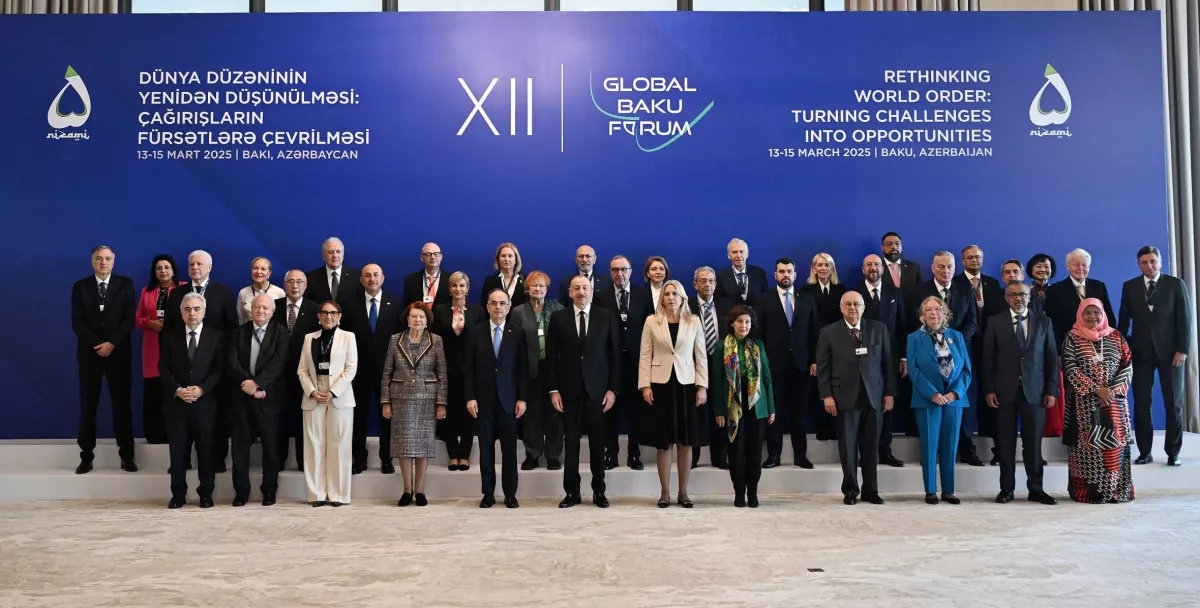
Against this backdrop, the already traditional international events held in Azerbaijan took on a distinctly different tone: the 12th Global Baku Forum in March, held under the slogan “Rethinking World Order: Turning Challenges into Opportunities,” and the forum at ADA University in April titled “Facing the New World Order.”
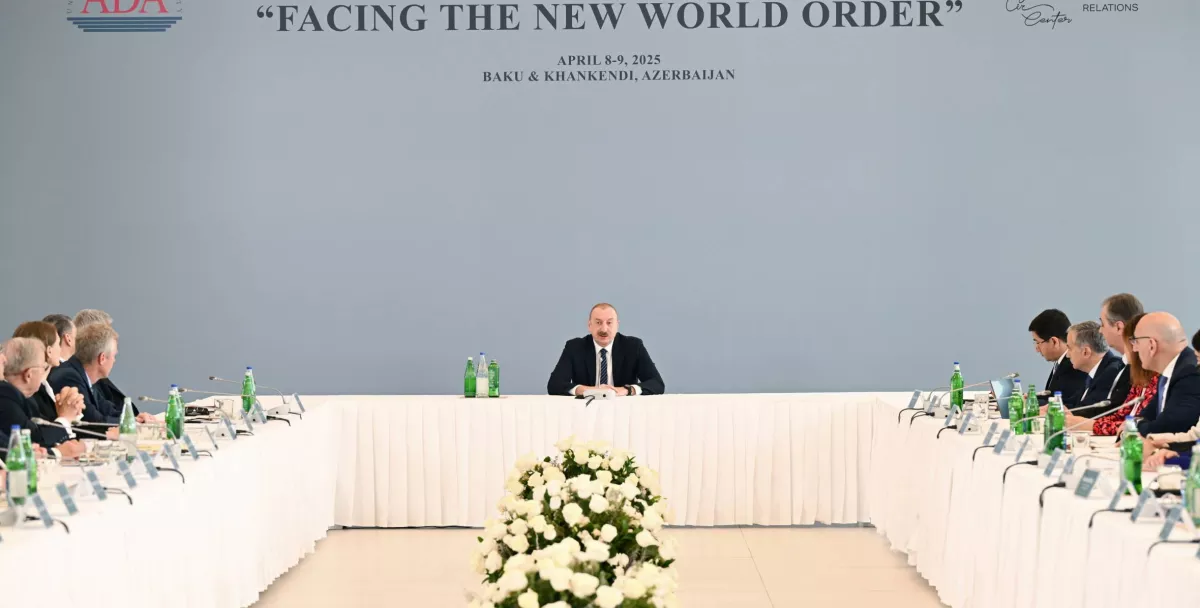
These events, complementing one another, offered the world key reference points for overcoming the ongoing geopolitical crisis.
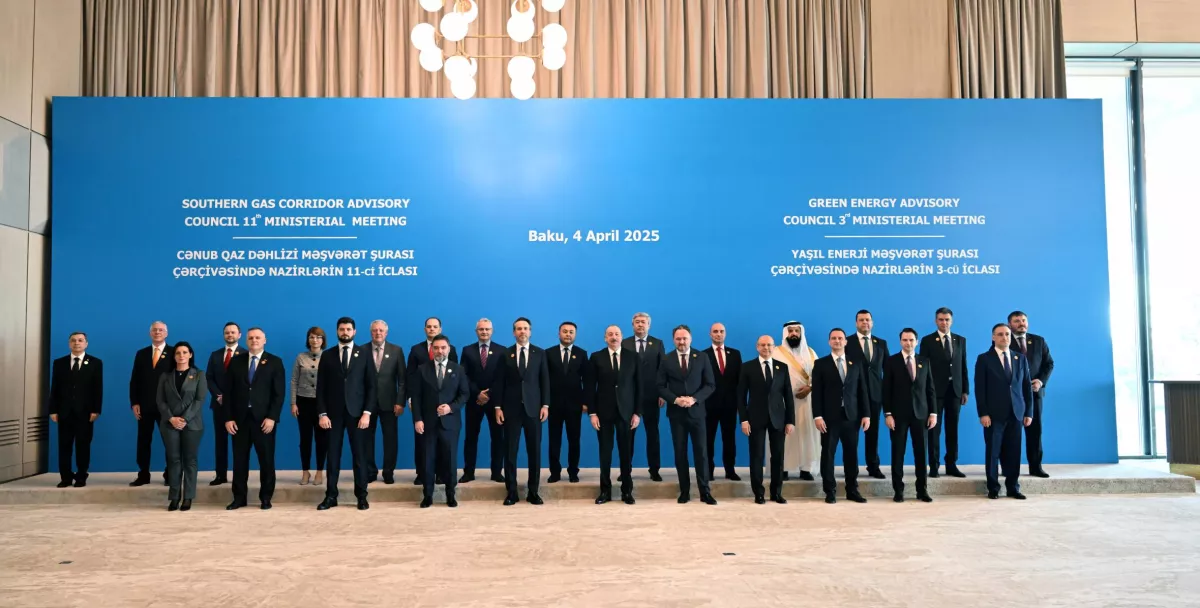
In April, Baku also hosted the 11th Southern Gas Corridor Advisory Council Ministerial Meeting and the 3rd Green Energy Advisory Council Ministerial Meeting. During the events, EU Commissioner Dan Jørgensen noted that in the context of Russia’s invasion of Ukraine and its use of energy as a tool of pressure—undermining the foundations of the European energy market—Azerbaijan had strengthened its reputation as a reliable energy partner of the EU.
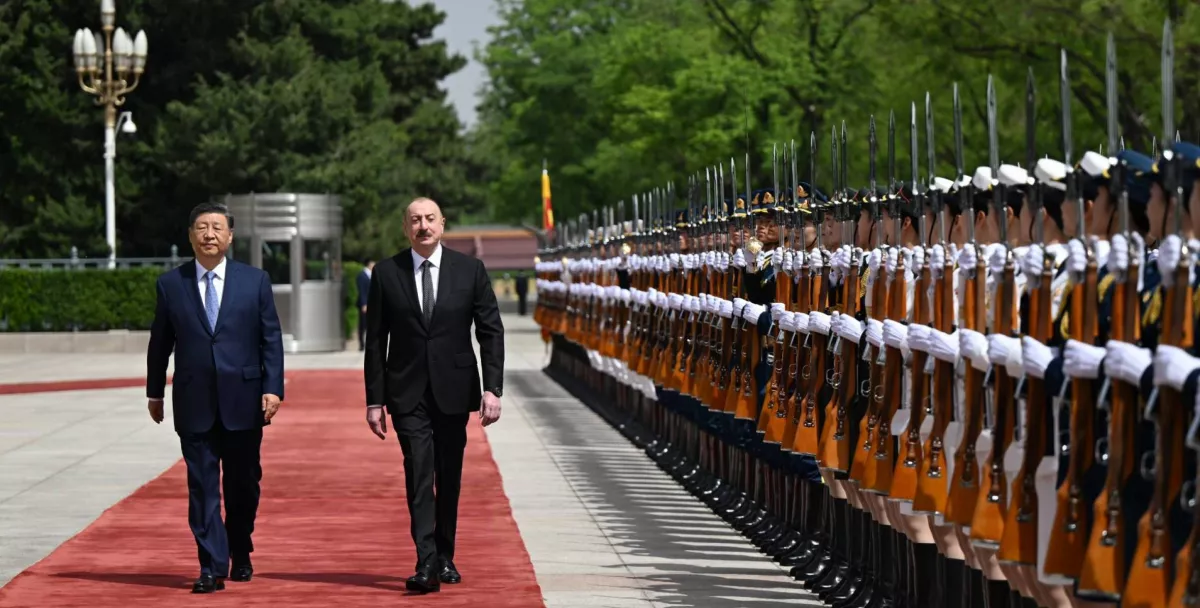
April was also marked by the state visit of President Ilham Aliyev to China. Its key outcome was the establishment of a comprehensive strategic partnership between Baku and Beijing. The signed Declaration affirmed mutual support for each country's chosen path of development, as well as their interests, sovereignty, security, and territorial integrity.
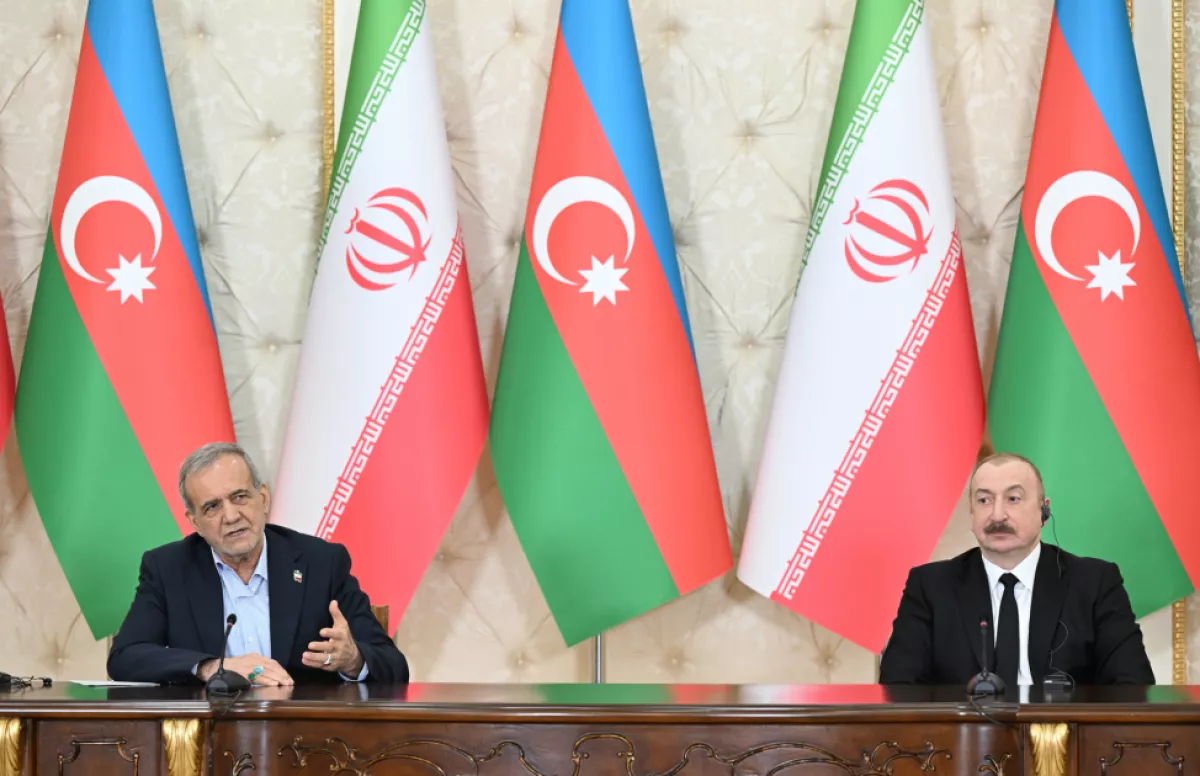
During the official visit of Iranian President Masoud Pezeshkian to Azerbaijan, he stated that Baku and Tehran would jointly ensure peace, security, and stability in the region. “Let us connect our roads, develop our financial and trade relations, create North–South and East–West corridors by supporting one another,” he said, adding that no external force would be able to sow discord between the two sides.
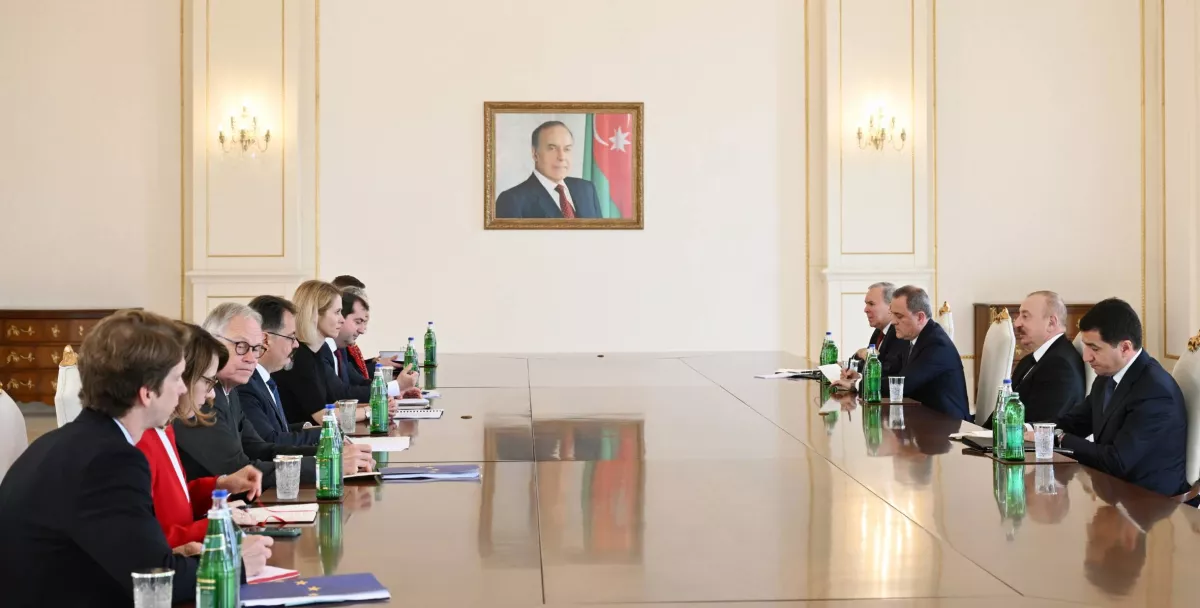
The visit of European Commission Vice President Kaja Kallas to Azerbaijan also took place in April. She highlighted the high regard Brussels holds for its cooperation with Azerbaijan — a reliable partner in ensuring Europe’s energy security. Kallas described Azerbaijan as a key regional power located in a strategically significant geopolitical space.
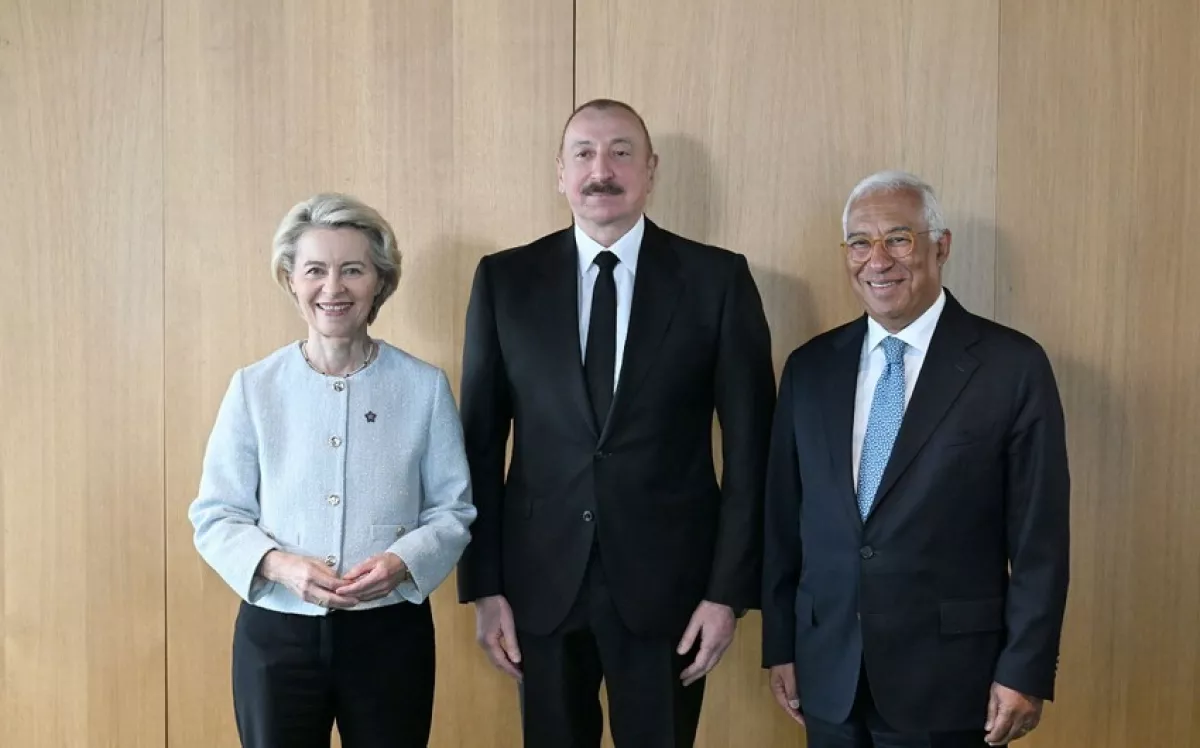
This recognition continued in May 2025 during the 6th Summit of the European Political Community in Tirana. At a meeting with President Ilham Aliyev, President of the European Council António Costa and European Commission President Ursula von der Leyen referred to Baku as an important and reliable partner, critical to Europe’s energy stability.
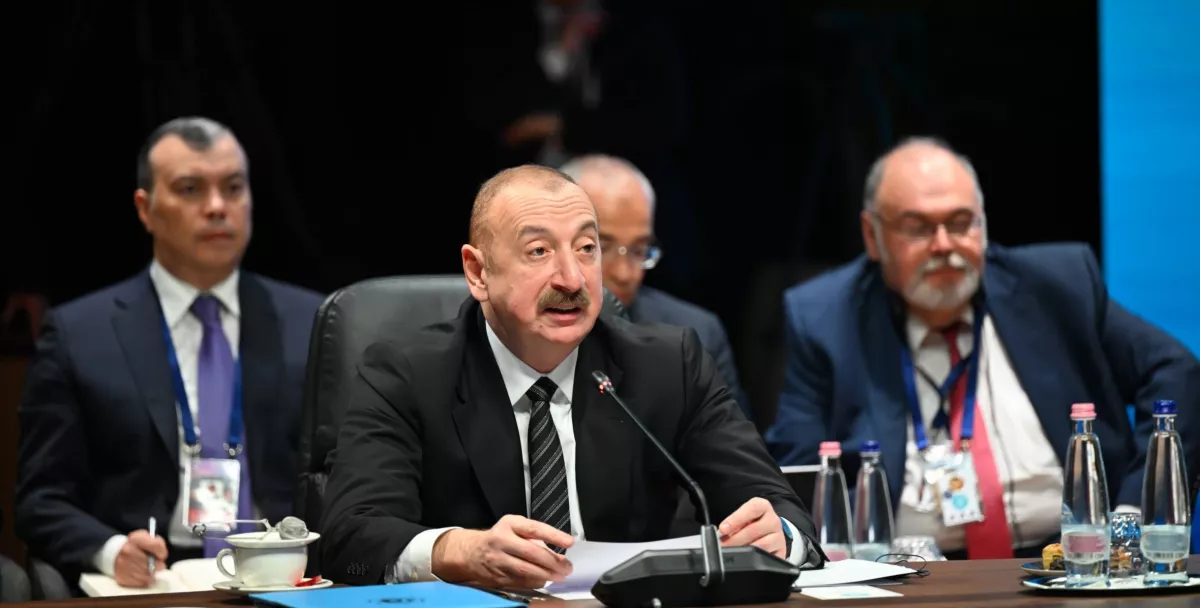
That same May, speaking in Budapest at the informal summit of the Organisation of Turkic States (OTS), the President of Azerbaijan drew attention to the digitalisation of the Middle Corridor and emphasised that Azerbaijan owns more than 50 merchant ships in the Caspian Sea — enabling it to provide vital transit services for Turkic nations.
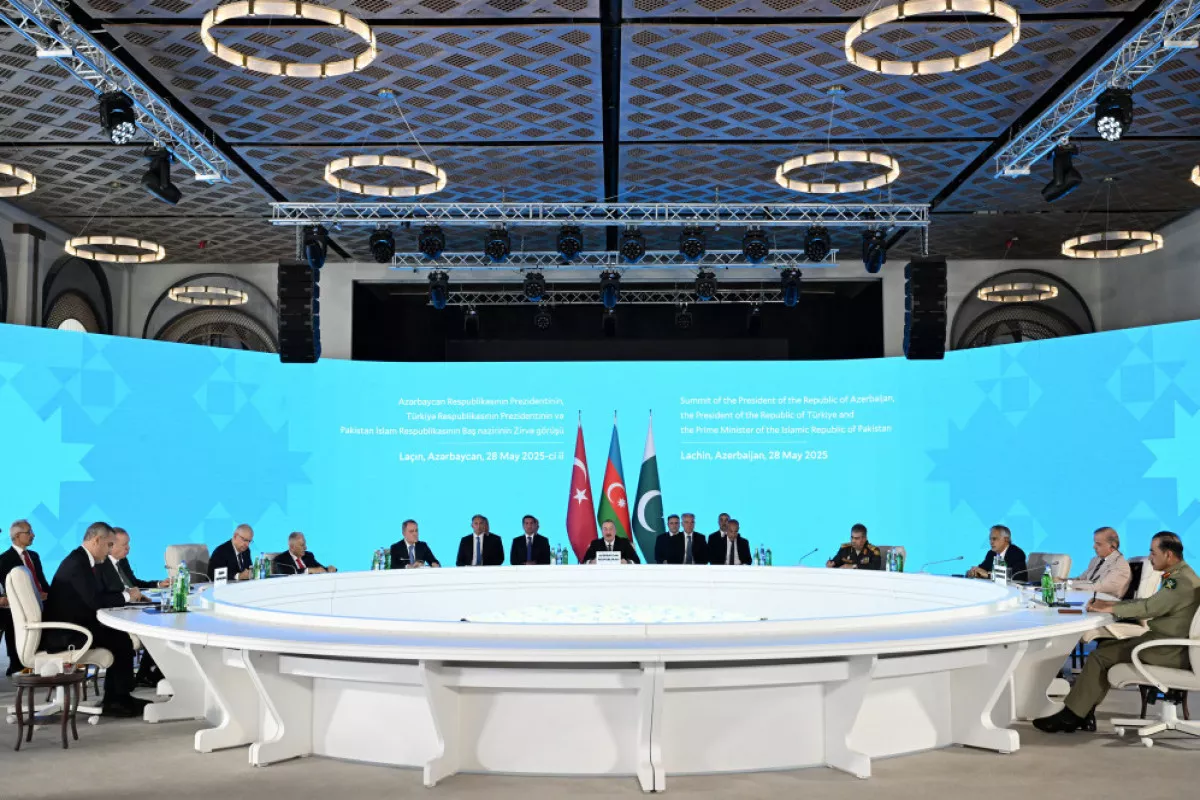
A historic milestone was also marked in May with the trilateral summit of the leaders of Azerbaijan, Türkiye, and Pakistan, held to coincide with Azerbaijan’s Independence Day and the inauguration of the international airport in the liberated Lachin district. President Ilham Aliyev identified defence cooperation as one of the key areas of engagement, contributing to the strengthening of peace and stability across a vast geographic region.
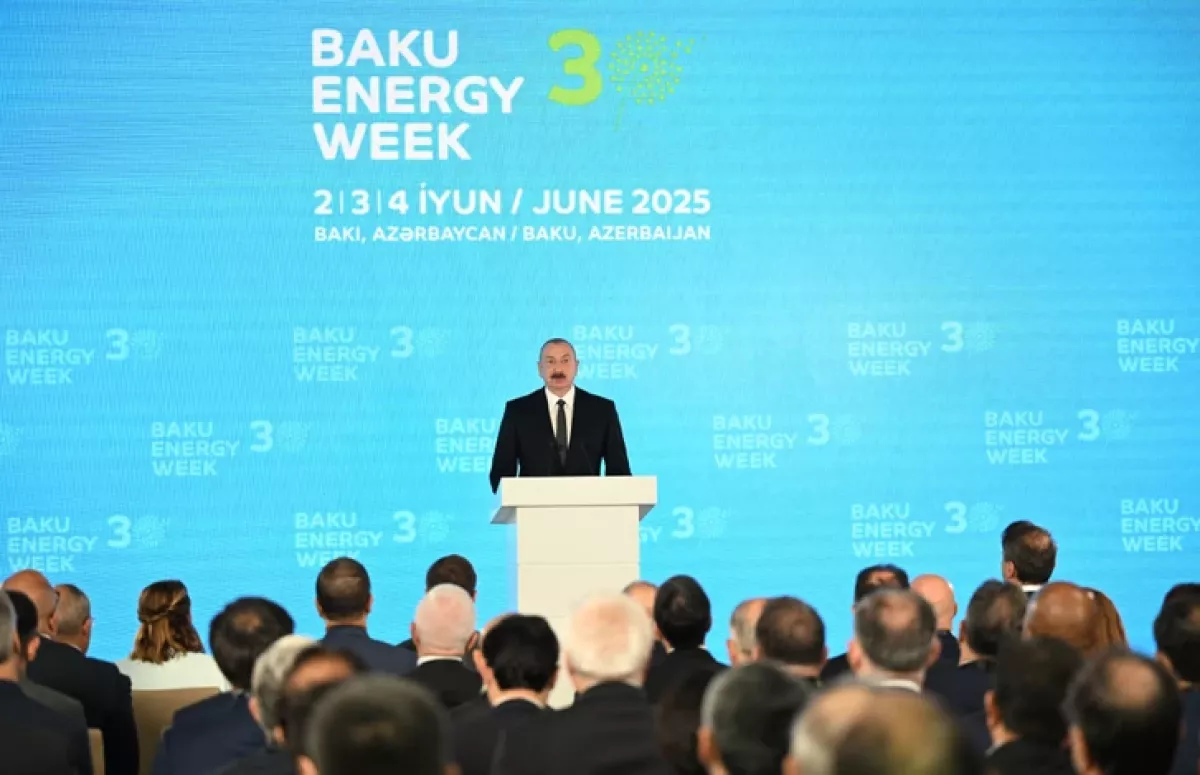
June opened with the 30th Baku Energy Week, which brought together nearly 270 companies from 39 countries. That same month, during the 51st session of the Council of Foreign Ministers of the Organisation of Islamic Cooperation (OIC) in Istanbul, a resolution was adopted titled “The Right of Return of the Azerbaijanis Forcefully and Systemically Expelled from the Territory of the Present-Day Armenia.” The “Istanbul Declaration” condemned the Armenian side’s refusal to engage in dialogue with the Western Azerbaijan Community.
Also in June, the finalisation of an agreement originally signed in January took place between SOCAR and the Israeli company Union Energy, granting Azerbaijan a 10% stake in the Tamar gas field.
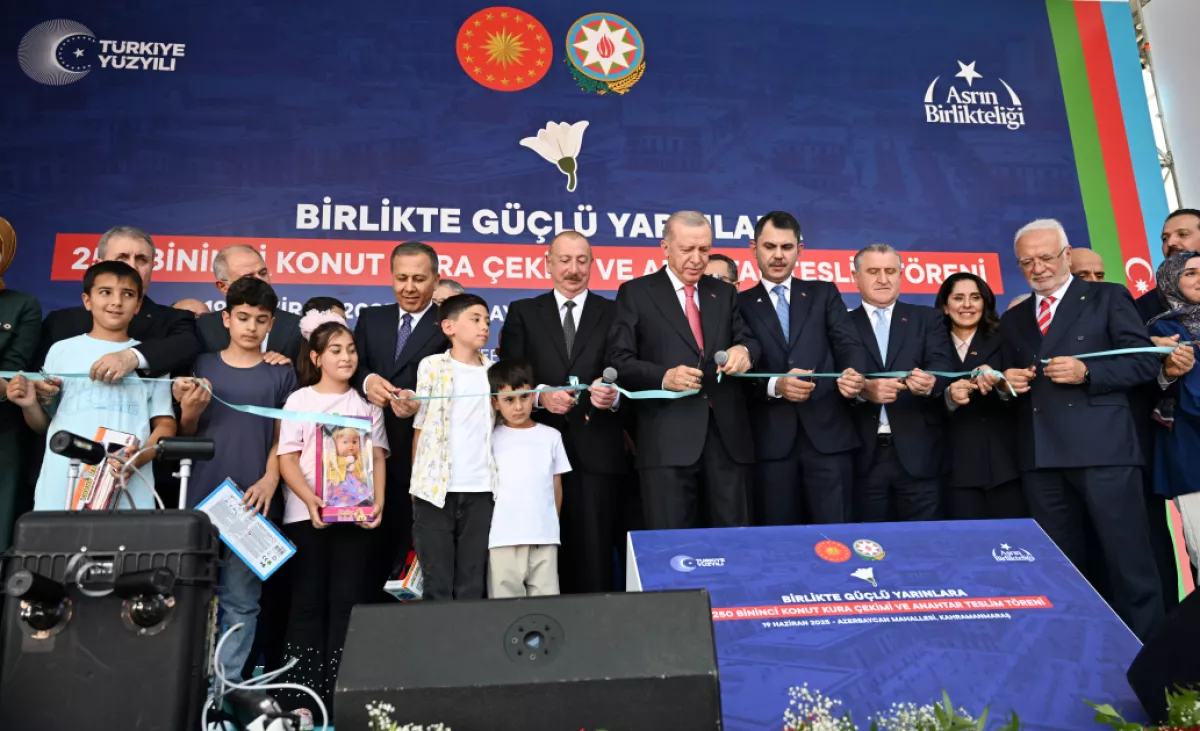
Shortly thereafter, Presidents Recep Tayyip Erdoğan and Ilham Aliyev inaugurated the “Azerbaijan" quarter in Kahramanmaraş — a city severely affected by the devastating 2023 earthquakes. On that occasion, President Aliyev remarked: “Azerbaijan has always stood by Türkiye, and Türkiye has always stood by Azerbaijan.”
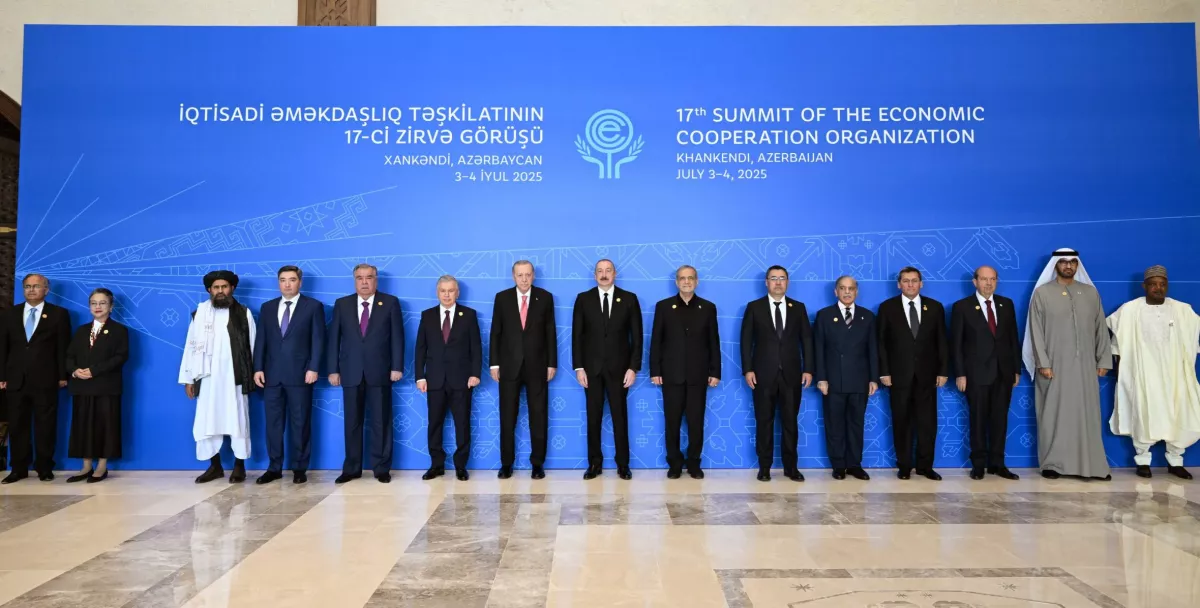
July had barely begun when it already made history with the brilliant organisation of the 17th ECO Summit in Khankendi. Caliber.Az has previously provided an in-depth analysis of all aspects of the forum's preparation and agenda, so here we will simply highlight the important statement made by ECO Secretary General Khusrav Noziri. He noted that Baku is setting new standards for the organisation, strengthening solidarity within its structure.
According to him, thanks to the leadership and strategic vision of the President of Azerbaijan, for the first time the summit involved not only governments but also women, youth, and the private sector in the process of shaping the ECO’s goals up to 2035. In doing so, Azerbaijan took a major step towards fostering a true “family spirit” within the organisation.
Let us be frank and objective: don’t the above-mentioned events — and this is just from the first half of 2025 — clearly demonstrate the importance of the Republic of Azerbaijan to the international community? Azerbaijan’s foreign policy activity in just six months has spanned an extraordinary range of directions. And we have not even mentioned the numerous bilateral negotiations conducted by the Azerbaijani president.
Today, despite the irritation of its detractors, Azerbaijan is confidently positioning itself as a vital geopolitical link whose influence extends far beyond the South Caucasus.








